Staff
NISHIKAWA Yoshifumi
Professor
Theme
Studies on mechanism of disease onset caused by infection with pathogenic protozoan parasites based on micro and macro-viewpoints for development of basic research about vaccine and drug discoveryBelongs
National Research Center for Protozoan Diseases, Department of Drug Discovery and Development, Research Unit for Innovative Medicine
Research Center for Global Agromedicine, Department of Veterinary Medicine
Faculty (Unit)
Grad school (Course)
| Field of research | Immunology, Infectious Disease, Parasitology, Biochemistry, Cell Biology, Molecular Biology, Veterinay Medicine |
| Keyword | Parasite, Protozoa, Vaccine, Diagnosis, Medicine, Central Nervous System, Reproduction, Pathogenesity |
Introduction
To control the pathogenic protozoan parasites, interaction between basic and applied research are required. Systematic approaches to understand disease onset mechanism of protozoan infection, develop realistic methods of treatment and prevention, grasp problems, and evaluate the efficacy in the field are needed. Our laboratory is conducting the following research.
- Studies on how protozoan parasites manipulate host cells
Intracellular protozoan parasites can survive by exploiting the growth mechanisms of the host cells. For example, Toxoplasma and Neospora species actively invade nucleated mammalian cells and form parasitophorous vacuoles to evade the host immune system and appropriate host nutrients. We focus on the mechanisms of such manipulation and discover the parasite factors. - Study on the mechanisms of onset for protozoan diseases
Infection by protozoan parasites causes numerous diseases in host animals. Major examples are severe anemia from malaria, abortion and neurological disease from Toxoplasma and Neospora species, and diarrhea from Cryptosporidium. To understand the mechanism of onset for protozoan diseases, we perform pathologic analyses on experimental mice and natural host animals. We generate gene-disrupted parasites for the parasite factors mentioned above based on gene editing technologies and perform verification experiments using experimental mice. - The development of vaccines and drugs for the control of protozoan diseases
Eradicating intracellular protozoan parasites requires the induction of T cells, which can disrupt the infected cells, because antibody production induced by conventional vaccines is ineffective at killing intracellular parasites. We develop T cell induction vaccines based on vaccines that utilize antigens entrapped in multi-functional liposomes. In addition, we screen candidate drugs by using libraries of natural biological resources and chemicals from around the world in order to discover anti-protozoan drugs. - The development of practical diagnostic systems for protozoan infectious diseases
We develop practical systems for diagnosing protozoan infectious diseases in the field. We survey the prevalence of protozoan infections in Japan and developing countries and prepare specific recommendations by providing practical diagnostic systems for use in the field.
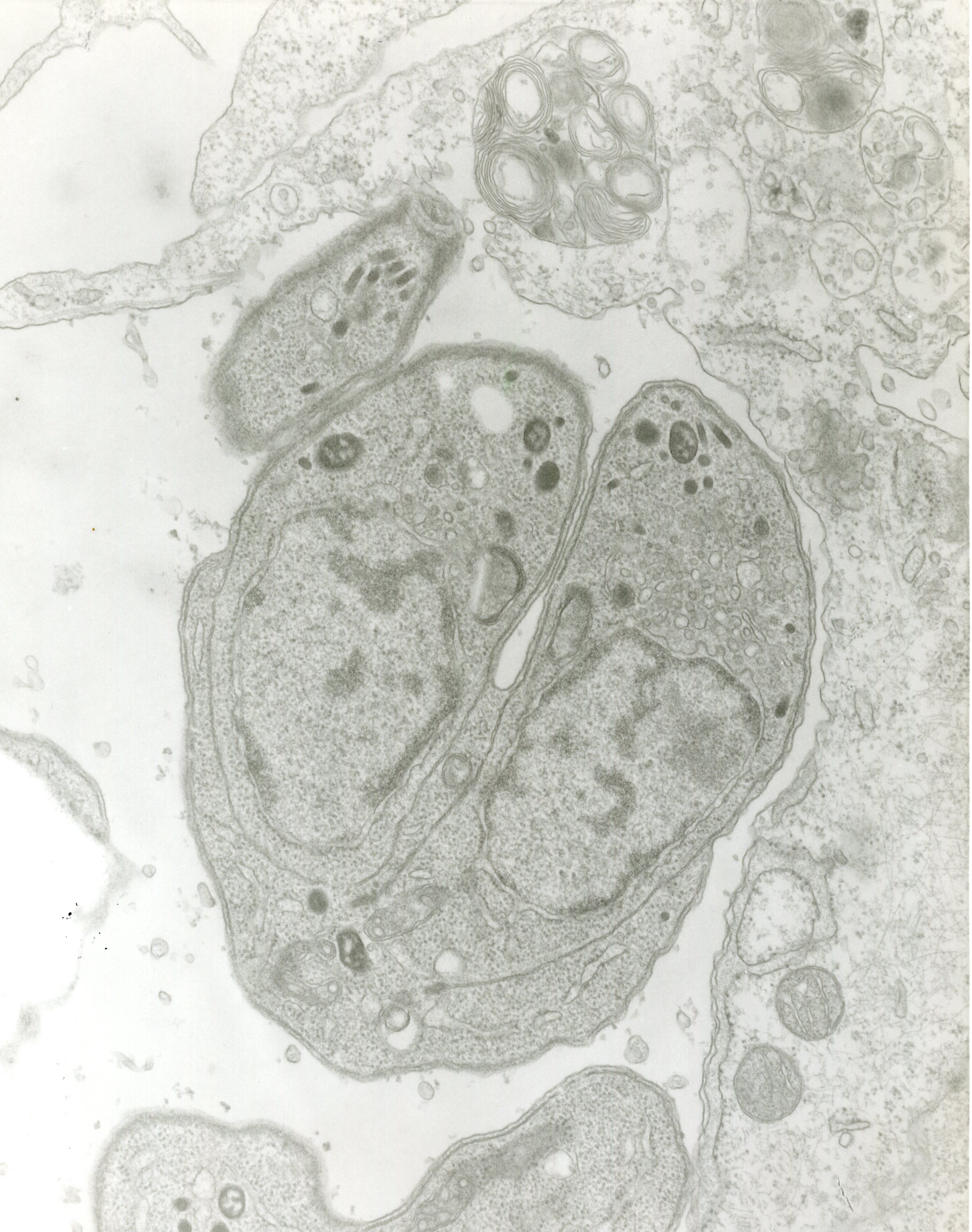
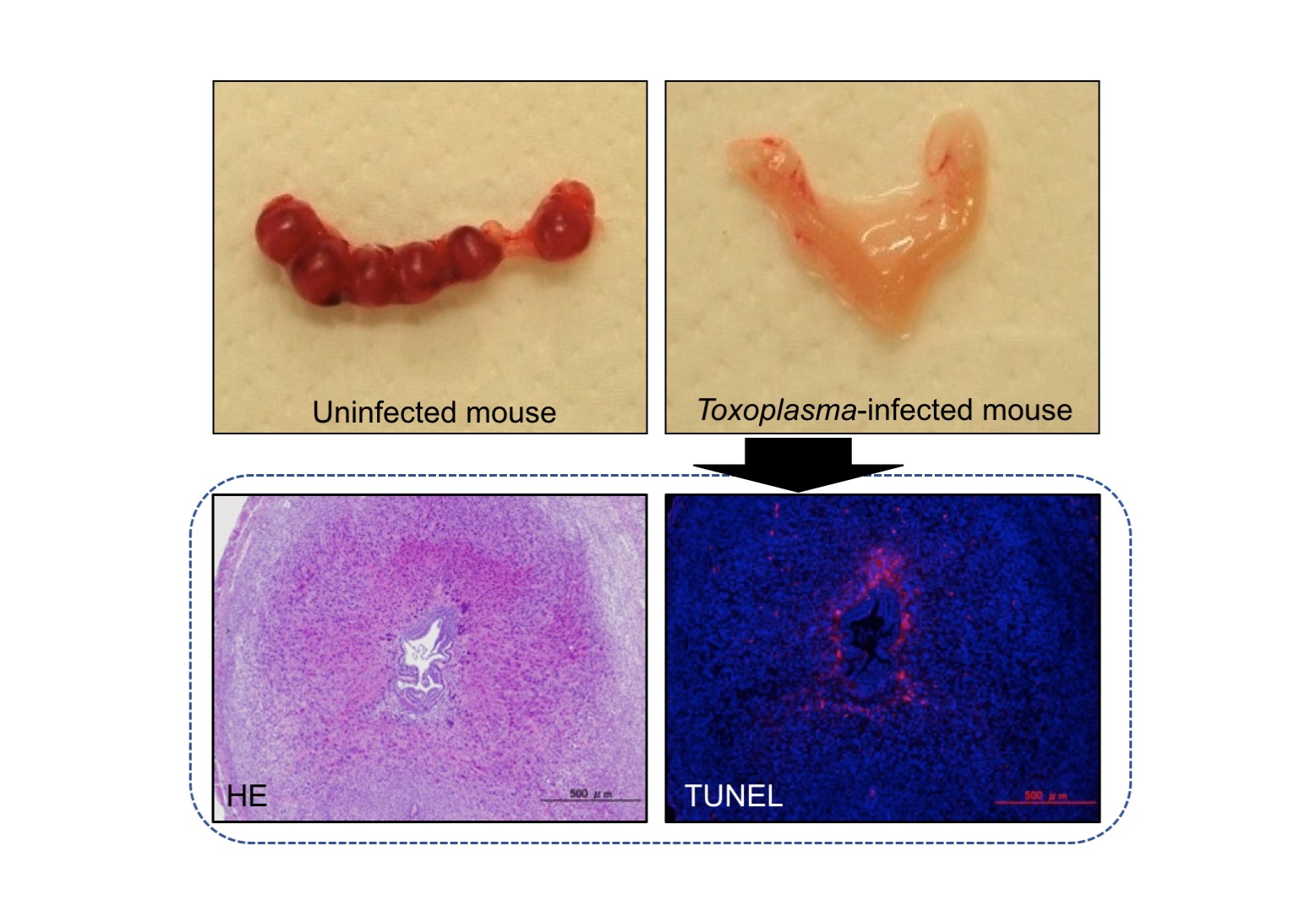
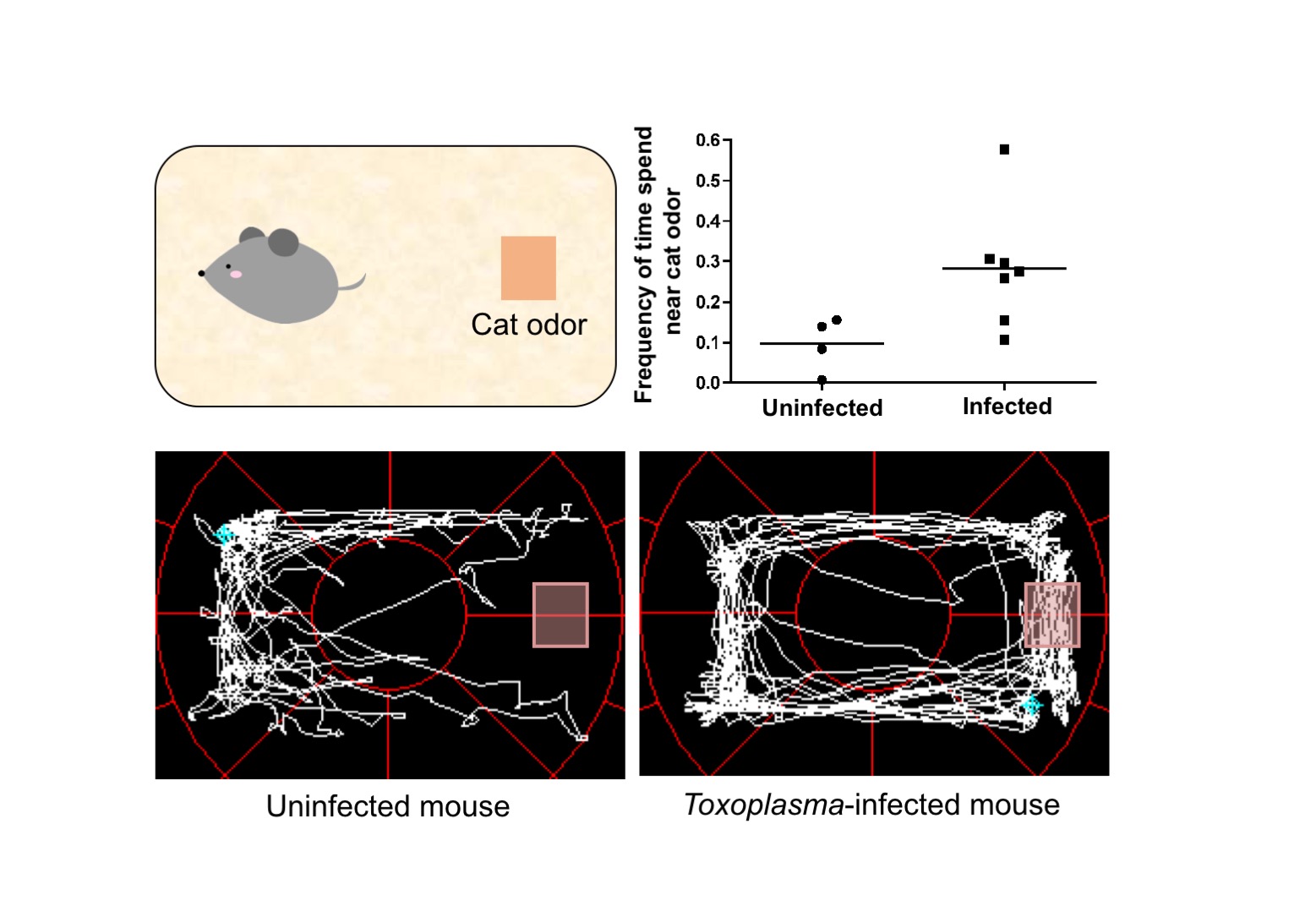
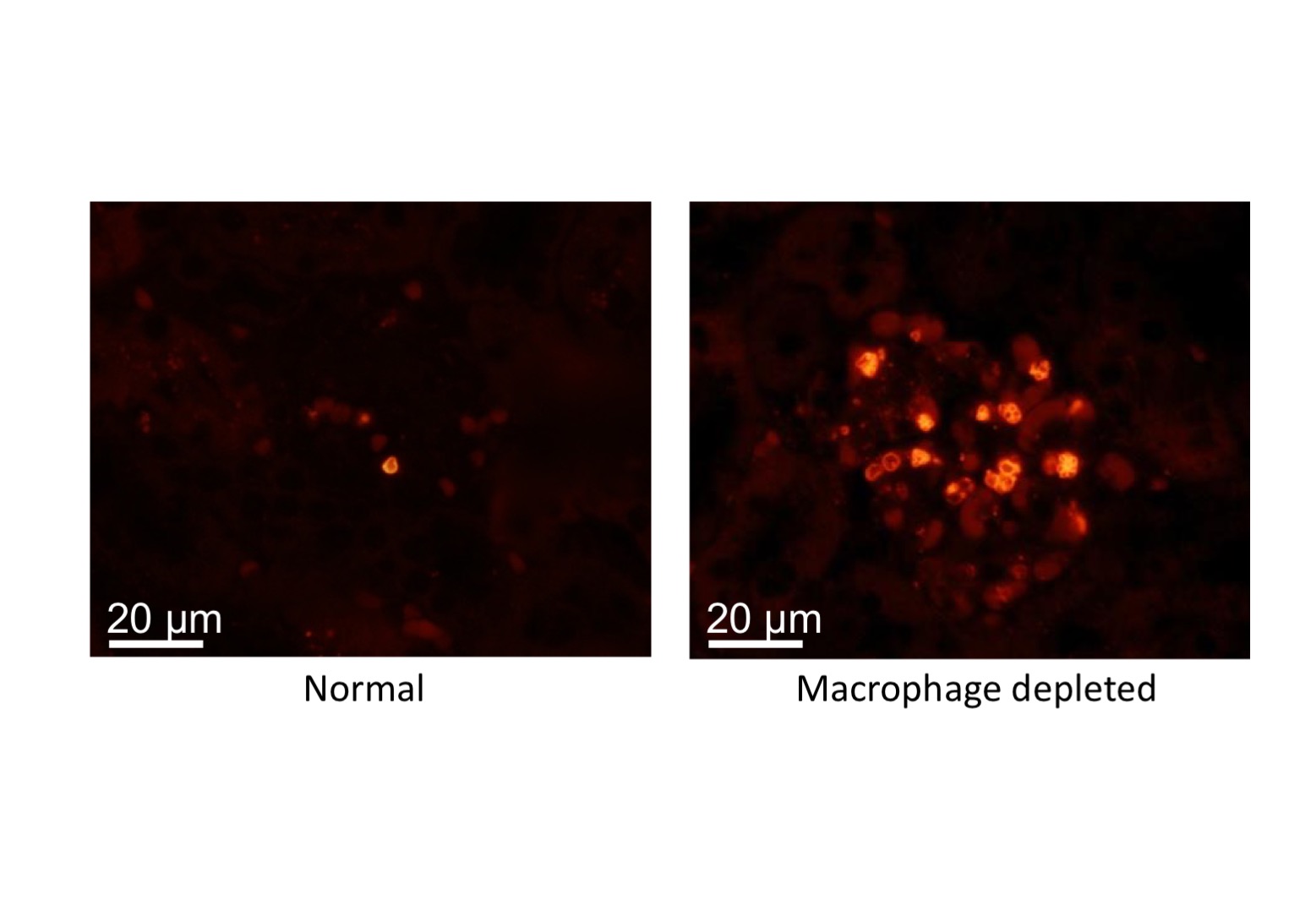
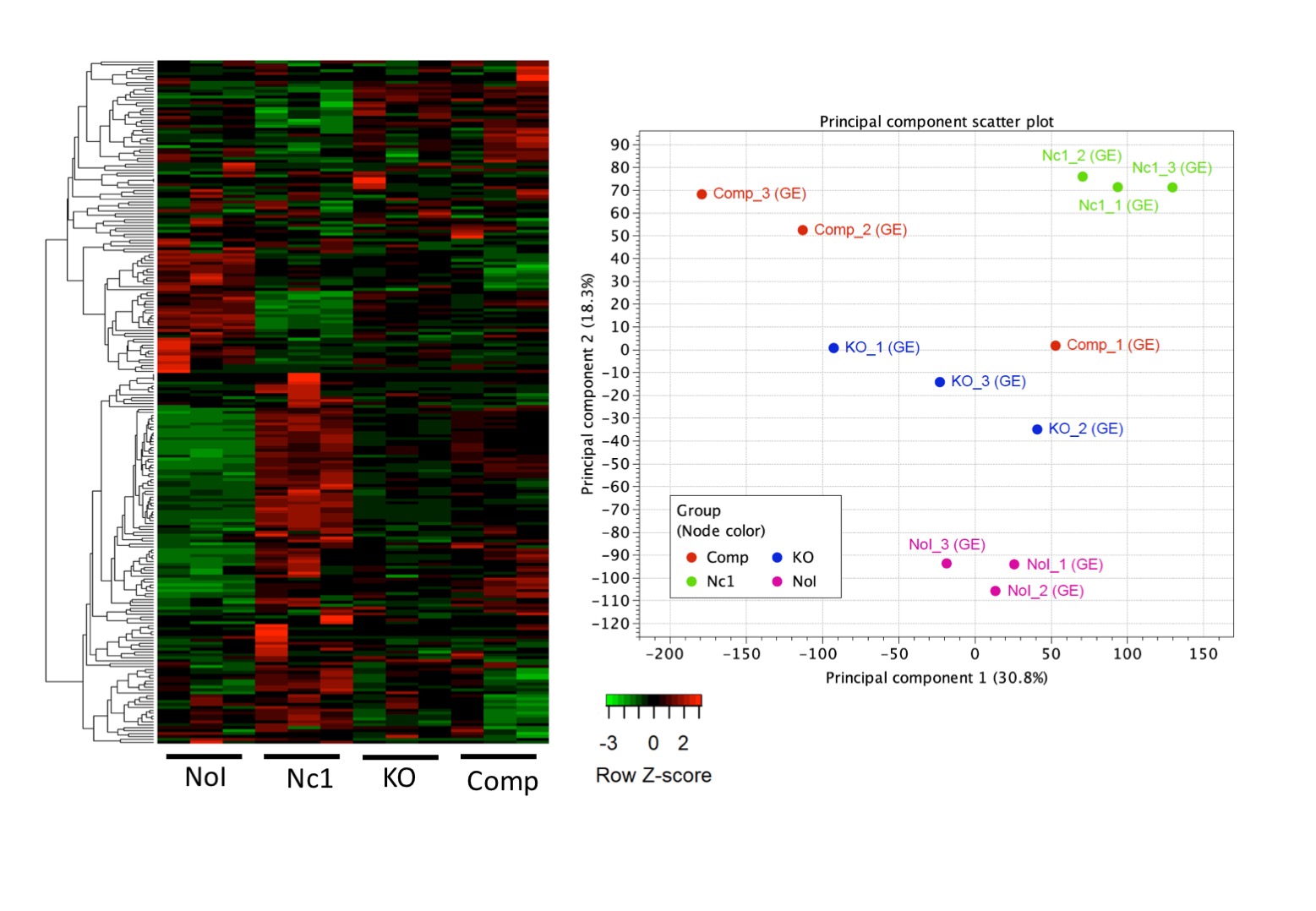
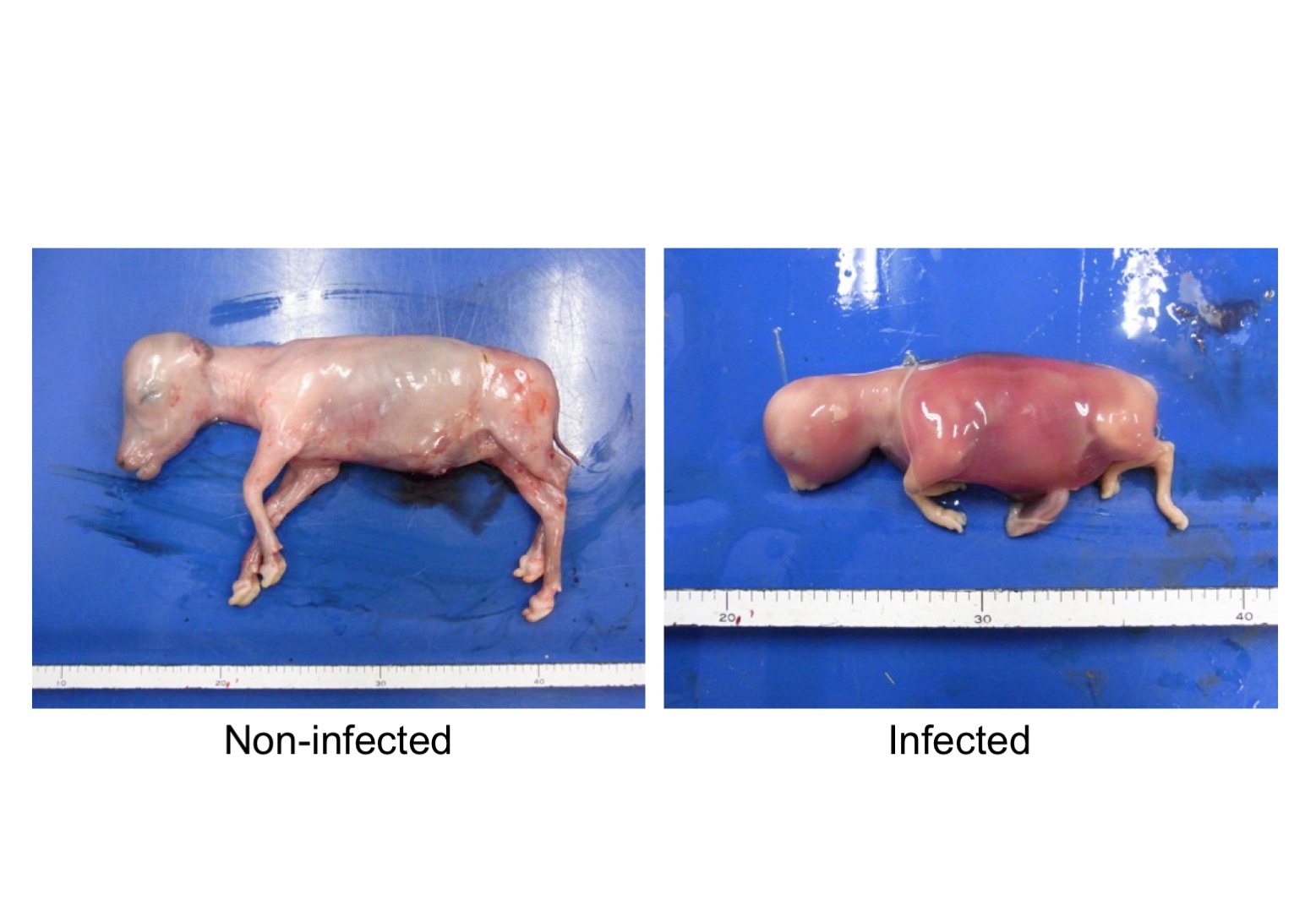
List of current research topics
- Study on onset mechanism of congenital toxoplasmosis for the development of novel therapy
- Study of memory-manipulate mechanism by infection with brain parasite, Toxoplasma gondii
- Study on brain manipulator of Toxoplasma gondii which can control central nervous system
- Study on host- hijacking mechanism of Toxoplasma infection
- Discovery of virulence factor of Neospora caninum and its application for vaccine development
- Study of abortion mechanism by infection with pathogenic protozoan oparasite in livestock, Neospora caninum
- Development of practical diagnostic method for Neospora caninum infection
- Study on control of cryptosporidiosis by metagenomics of bovine intestinal flora
- Development of serodiagnosis system for protozoan parasite infection in food animals and its seroepidemiological study
- Study on comprehensive control strategy against zoonotic protozoan diseases in Southeast Asia
| Academic degree | D.Agr. |
| Room address | General Research Building 4 |
| Mail address |
nisikawa  obihiro.ac.jp obihiro.ac.jp |

